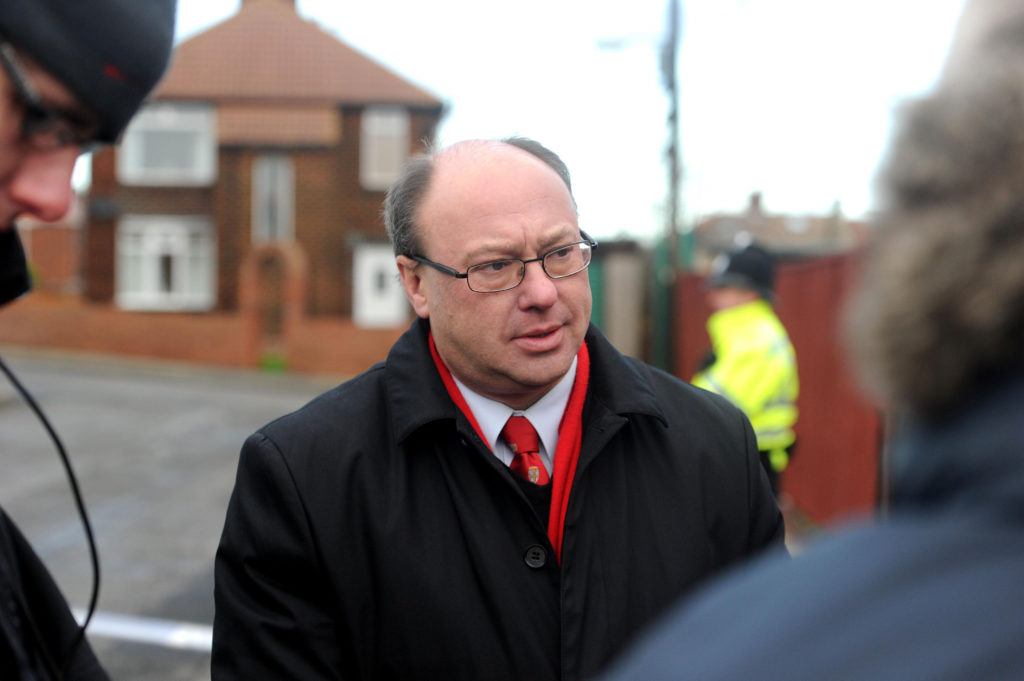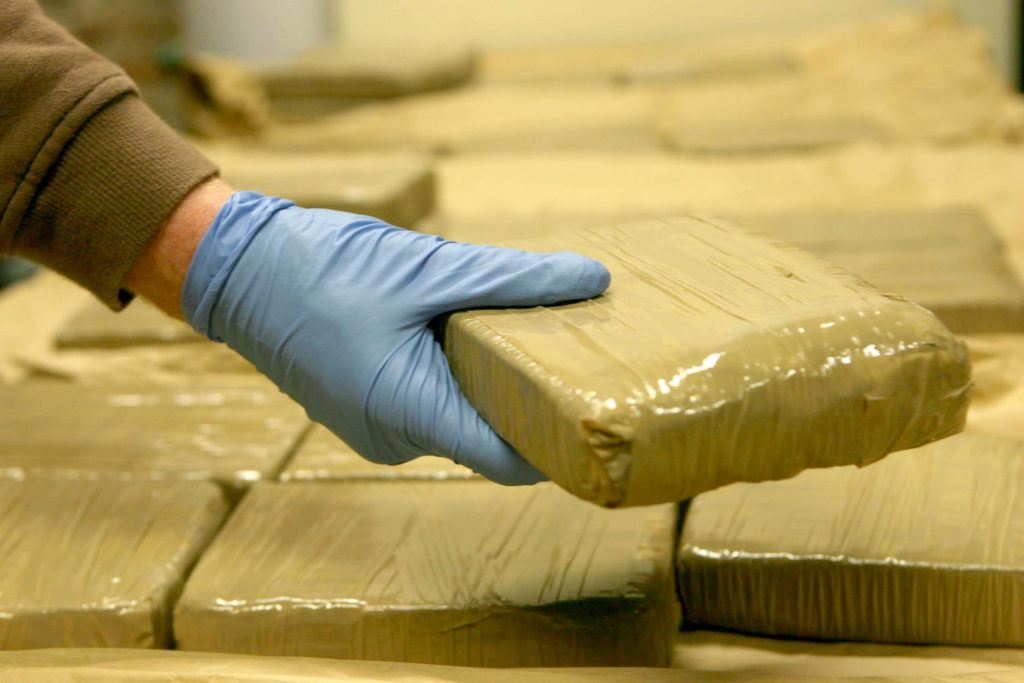Grahame Morris has been called many things in his political career but he could never be accused of carpetbagging. He was born and brought up in Easington, a struggling slice of North-East England sandwiched between Hartlepool and Sunderland that was once branded the most deprived community in Britain. His father was an electrician at Murton Colliery, his mother worked part-time in a pit canteen and he served as a local councillor before winning the parliamentary seat for Labour seven years ago.
He knows every nook and cranny of his struggling coastal community, which sits on the North Sea and has been battered by the fierce gales of globalisation. The pit closed in 1993. It had operated for eight decades before then – overcoming the challenge of exploiting seams which stretched several miles beneath the chilly waves to the east. What remains is a legacy of poverty, people on benefits and mental health problems. Many living there today dull their pain with drugs – both legal and illegal.
Over the last six months, this has caused the left-wing MP to do something seen too rarely in politics. For he has shifted his views on a contentious issue after looking closely at the evidence. Morris has concluded the war on drugs has failed, especially in communities such as his own, and that it is time to try a fresh approach. “Drug-related crime is a big problem in these old industrial areas,” he told me:
“Traditional remedies are not working. We are dealing with the consequences of massive changes in society. People have social problems, health problems, mental problems – and incarcerating them is not the answer.”
He is right. The idea that jailing people addicted to drugs will solve core problems and sort out chaotic lives is clearly absurd. Thankfully, we are starting to see that the crazy concept of criminalising drug users, inflamed into a madcap ‘war’ in the early 1970s by an American president who turned out to be a crook himself, has run its course with reform seeping through the West. The only people who benefitted were the planet’s most lethal gangsters, showered with gold as they sowed destruction around the globe, along with banks laundering dirty cash and politicians posturing about ‘protecting kids’.
But for politicians it is a brave step to admit they have been wrong and that we need an alternative approach, especially amid a hostile media narrative confusing this issue. Morris admits he is “nervous” after being converted to the cause of drug reform over the past six months:
“I was absolutely opposed to this but now I’ve looked at the evidence. We need a more intelligent approach. I know it is controversial but at the moment we are just making problems worse. If addicts are given custodial sentences, they are coming out worse after attending academies of crime.”
The proselytiser behind his progressive new stance was, perhaps ironically, a local police chief. Mike Barton, Durham’s chief constable, has become Britain’s most important figure in pushing for a more sensible drug strategy against the inertia that engulfs Westminster’s pair of main parties. A likeable Lancastrian, he admits that when he started pounding the beat as a young cop in Blackpool he shared the standard police view of catching and locking up drug users. Now he points to drugs being “cheaper, stronger, more dangerous and more available than they have ever been” as proof of policy failure.

 Main Edition
Main Edition US
US FR
FR








Join the discussion
Join like minded readers that support our journalism by becoming a paid subscriber
To join the discussion in the comments, become a paid subscriber.
Join like minded readers that support our journalism, read unlimited articles and enjoy other subscriber-only benefits.
Subscribe